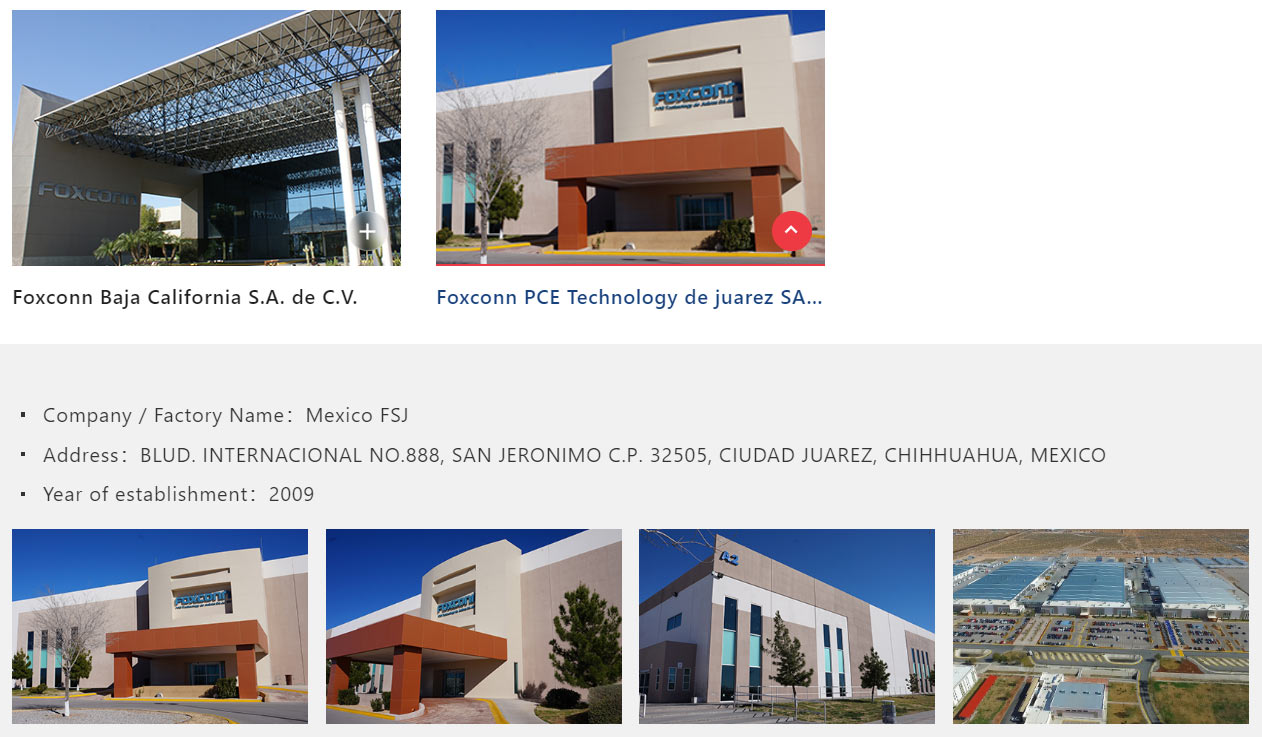U.S. tech giants are keen for their Taiwanese AI server manufacturing partners to set up in Mexico, according to a new report published by the Wall Street Journal. The idea has proven attractive to giants like Foxconn, and geopolitics aside, it would move manufacturing closer to U.S. tech firms. Mexican expansion plans will also benefit from the attractive United States of America, Mexico, and Canada (USMCA) free trade agreement established in 2020.
Attracting manufacturers from Asia to USMCA countries is an example of nearshoring and, since the trade agreement has been signed, Mexico has been the key beneficiary of investment in tech production. According to sources cited by the WSJ, Foxconn’s massive new facilities in Mexico are already manufacturing AI servers for tech giants such as Amazon, Google, Microsoft, and Nvidia. (Those companies did not confirm to the newspaper whether Foxconn is making their servers in Mexico.)

The WSJ also heard from an exec from Taiwanese server maker Inventec, who indicated that it is looking to develop manufacturing in Mexico. Inventec is said to have an important “top American brand involved in AI development,” as one of its clients.
Dell and HPE, which both rely on East Asia manufacturing, are also said to be reducing reliance on China with moves into Southeast Asia and Mexico. Other Asia-based manufacturers growing roots in Mexico include Pegatron, Wistron, Quanta, and Compal. The latest figures suggest that there are currently 300 Taiwanese firms operating in Mexico, employing 70,000 people, and generating over $15 billion in trade.
Mexico might have some inherent issues as a production hub, including wage competition and potentially unreliable utilities, but thanks to agreements like the USMCA, its nearshore locality, and having few if any geopolitical drawbacks, it seems like an obvious choice over China, which was the electronics workshop of the world not long ago.
There are obvious problems with AI server manufacturing in China nowadays, due to US tech sanctions. China can’t get the advanced chips that are needed to make AI servers for US tech companies. Nvidia’s newest and most powerful GPUs, including some consumer products like the GeForce RTX 4090, are probably best known for being barred from export to China.
The chilling of US-China relations has also started to show in terms of US goods imports. Census Bureau data suggests that China-made goods accounted for 13.9% of US imports last year. That figure is significantly down from 2015 when Chinese goods accounted for 21.5% of US imports.
On Thursday we reported on Taiwan’s Ministry of Economic Affairs (MOEA) figures which suggest that Taiwan produces 90% of the world’s AI servers and 100% of US-brand AI servers. The newly surfaced information raised concerns, as some worry that Taiwan may serve as a likely geopolitical flashpoint in the coming years.






